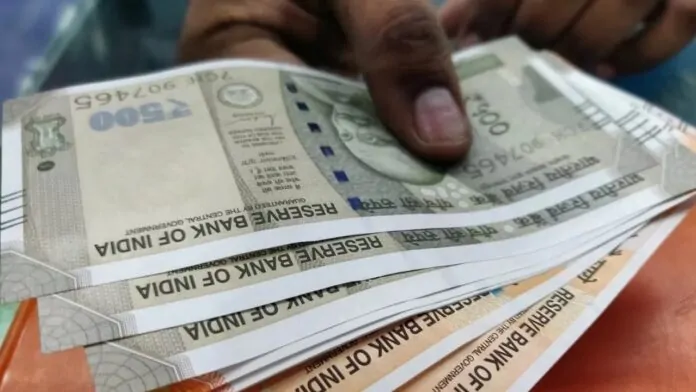
Diwali Gift: In the cabinet meeting chaired by Prime Minister Narendra Modi on Wednesday, dearness allowance and dearness relief of central employees and pensioners have been increased by 3 percent. In the festive season before Diwali, dearness allowance has increased to 53 percent. After the relief given to the central government employees, now the decision to increase DA has been taken in 5 states also. Employees and pensioners of these states have also received Diwali gifts.
Chattisgarh
State Chief Minister Vishnu Dev Sai said that we are going to increase dearness allowance by 4 percent. Now dearness allowance in the state has increased to 50 percent. Till now it was 46 percent. This decision will be considered effective from October 1.
Odisha
The state government has also announced a 4 percent increase in dearness allowance. This decision of the state government will be considered effective from January 1, 2024. The government has also issued an official notification in this regard.
Himachal Pradesh
State Chief Minister Sukhwinder Singh Sukhu has given the gift of festive season to the employees and pensioners even before Dussehra. It has been announced to increase dearness allowance by 4 percent in the state from January 1, 2023. With this, employees and pensioners will also get arrears. Along with this, orders have been issued to pay the medical bills of all government employees and pensioners above 75 years of age.
Sikkim
The government had increased DA from 46 percent to 50 percent during the Durga Puja festival. This decision will be considered effective from January 1, 2024. Pensioners will also benefit from this. Employees working on contract will also come under its purview.
Jharkhand
The state government has approved increasing the DA of its employees by 9 percent. At present, according to the Sixth Pay Commission, 230 percent DA is being given in the state, which will now increase to 239 percent. This decision will be considered effective from January 1, 2024.
 look news india
look news india
